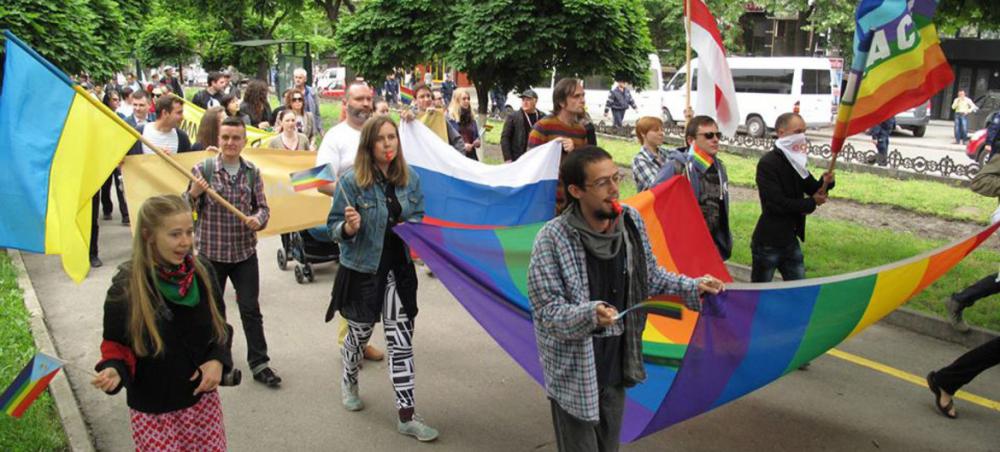Just Earth News | @justearthnews | 18 May 2018

New York: Marking the International Day against Homophobia, Transphobia and Biphobia, the United Nations is calling for strengthened partnerships to support lesbian, gay, bisexual, transgender and intersex (LGBTI) people and their families.
“Stigma, discrimination and social and physical violence against sexual and gender minorities prevents them from accessing health services,” Michel Sidibé, Executive Director of the Joint UN Programme on HIV/AIDS (UNAIDS), said in a message for the Day, which goes by the acronym IDAHOT.
“Everyone has the right to health, no matter their gender or sexual orientation,” he added.
The IDAHOT celebration of sexual and gender diversity, is commemorated globally each year on 17 May. This year’s theme focusses on alliances for solidarity, to bring respect for LGBTI people and their families
According to UNAIDS, men who have sex with men and transgender women, are among the communities most affected by HIV worldwide.
More than 40 per cent of countries criminalize same-sex sexual relationships, driving gays and lesbians underground, and blocking access to health and social services, which leaves LGBTI people vulnerable to poor health and homelessness.
To end AIDS, it is essential to ensure that people can access HIV prevention technologies free from discrimination – including condoms, pre-exposure prophylaxis (PrEP), and quality HIV treatment and care.
UN Women, the UN Development Programme and UNAIDS are working with the Global Network of People Living with HIV to end all forms of HIV-related stigma and discrimination.
Despite progress in many countries, LGBTI continue to face high levels of violence and inequalities, including in family settings and the workplace.
“Punitive laws continue to penalize the behaviours, identities and expressions of LGBTI people in 72 countries, perpetuating discrimination, exclusion, inequality and violence,” UNDP Administrator Achim Steiner said.
He underscored that progress is possible, but requires broader alliances to promote safety, combat discrimination, and advocate for law and policy change.
Requiring support across the board, and civil society leadership, the initiative will contribute to achieving the UN Member States’ commitment to end AIDS as a public health threat by 2030.
Increasing political commitment and investments for the health and well-being of some of the most vulnerable people in society, will help to ensure that no one is left behind: “We need zero discrimination for everyone, everywhere,” stressed Mr. Sidibé.
OHCHR/Joseph Smida